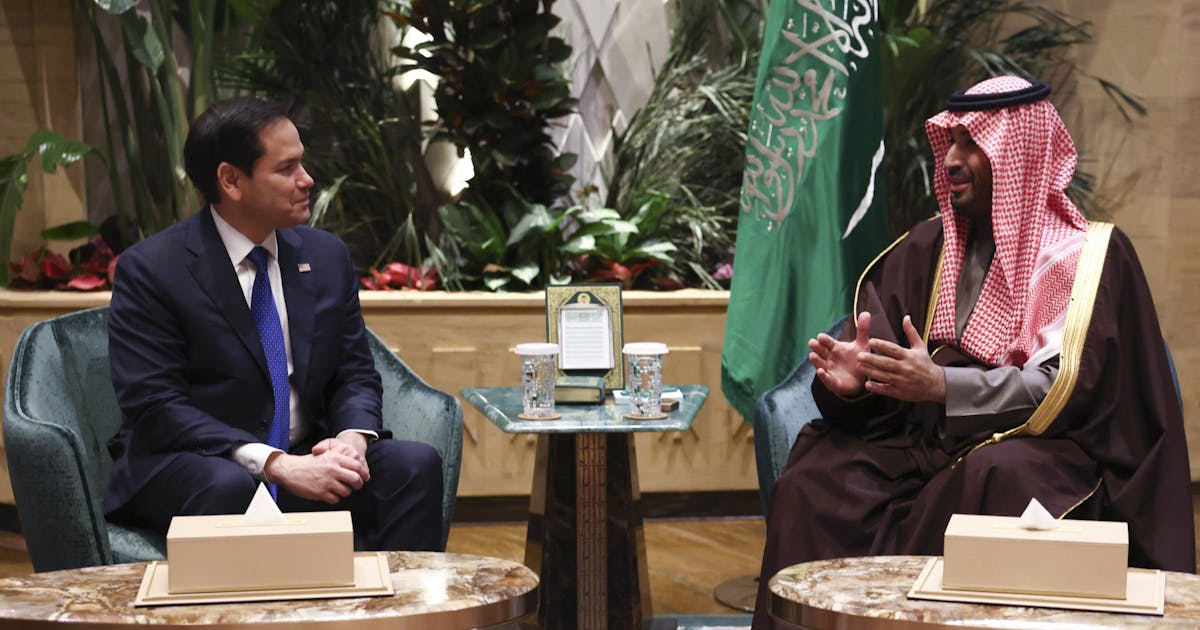Instead, the kingdom’s real potential manufacturing revolution may revolve around goods that are banal by comparison: petrochemical derivatives and plastics. The Saudi Basic Industries Corporation, which makes petrochemicals and plastics, has been, according to Coates Ulrichsen, “one of the most successful examples of a Saudi diversification initiative.” He suggested that doubling down in this area would make more economic sense in a pinch than “massive new experiments and creating futuristic cities.”
And holding onto its plastic production revenue is clearly a priority. Late last year, 170 U.N. member countries held a conference in Busan, South Korea, attempting to form a binding treaty on reduction of plastic waste. According to accounts in The New York Times, the Saudi delegation slow-walked and obstructed the proceedings with unnecessary objections. No deal was made, which is certainly good news for a nation hoping to see its plastic manufacturing ramped up.
“The Saudis are making decisions based on their own self-interest, but any country does that,” said Ulrichsen. At the same time, they’re quietly starting to “acknowledge that the risk of over-promising is under-delivering.”
